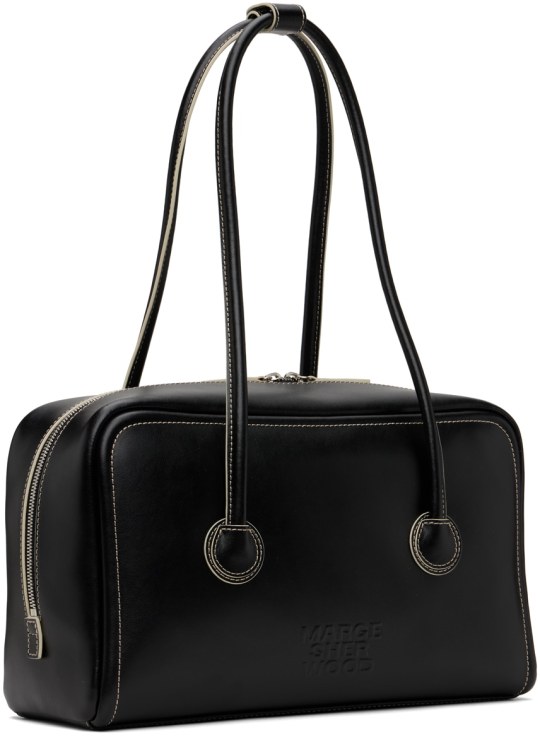#Marge Sherwood
Text
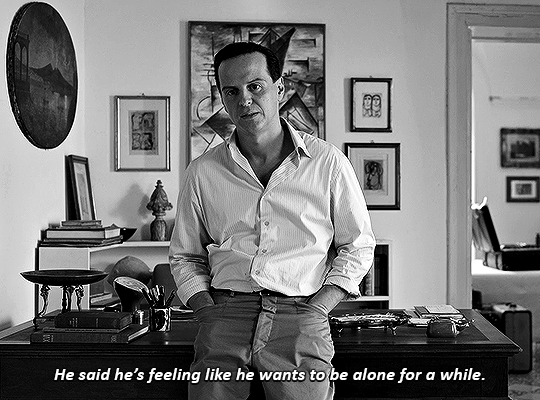
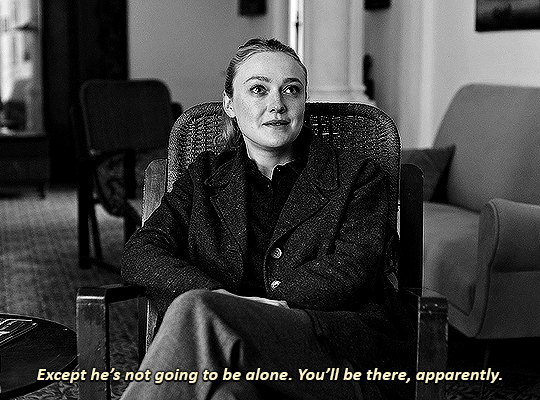

This is kind of awkward, Marge.
RIPLEY (2024)
Episode IV: La Dolce Vita
#ripley#ripleyedit#ripley 2024#ripley netflix#ripley spoilers#tom ripley#marge sherwood#andrew scott#tvedit#dakota fanning#perioddramaedit#perioddramasource#crimeshowsource#filmtvcentral#filmtvdaily#tvarchive#dailyflicks#blackandwhiteedit#mediagifs#cinemapix#cinematv#dailynetflix#tvfilmsource#filmtvtoday#userrin#userrobin#tuserpris#userfinches#barrowgifs
297 notes
·
View notes
Text
We are lucky to be alive in the age of Andrew Scott, an actor of extraordinary breadth, skill and sensitivity, who can terrify as Jim Moriarty in Sherlock, make us fall in love (inappropriately) as the hot priest in Fleabag and cry in All of Us Strangers. He can also astonish, last year playing eight parts in a stage adaptation of Chekhov’s Uncle Vanya. He recently became the first actor to win the UK Critics’ Circle awards for best actor on stage and screen in the same year. And his latest project, Ripley, is a beautiful and chilling adaptation of the Patricia Highsmith novel The Talented Mr Ripley, with Scott playing the lead, dominating all eight one-hour episodes. It’s been a wild, crowning year for the 47-year-old Irish actor. But in March his mother, Nora, died of a sudden illness; she is who Scott has credited as being his foremost creative inspiration. His grief is fresh and intense and for the first half of the interview it seems to swim just beneath the surface of our conversation.
“We go through so many different types of emotional weather all the time,” he says. “And even on the saddest day of your life you might be hungry or have a laugh. Life just continues.” We are in a meeting room in his management company’s offices, talking about his ability, in his work, to modulate between emotions, to go from happy to sad, confused to scared, all within a matter of seconds. How does he do it? Scott laughs. “I would say that I have quite a scrutable face — is scrutable a word? — which is good or bad depending on what you are trying to achieve. But my job is to be as truthful as possible in the way that we are, and I don’t think that human beings are just one thing at any particular time. It is rare that we have one pure emotion.”
It’s an approach that is particularly appropriate for the playing of Tom Ripley, an acquisitive chameleon who inveigles his way into the lives of others (in this case Johnny Flynn, as the careless and wealthy Dickie Greenleaf, and his on-off girlfriend Marge, played by Dakota Fanning). “Ripley is witty, he is very talented. That’s gripping, to watch talent. I can’t call him evil — it is very easy to call people who do terrible things evil monsters, but they are not monsters, they are humans who do terrible things. Part of what she [Highsmith] is talking about is that if you dismiss a certain faction of society it has repercussions, and Ripley is someone who is completely unseen, he lives literally among the rats, and then there are these people who are gorgeous and not particularly talented and have the world at their feet but are not able to see the beauty that he can see.”
The show was written and directed by Steven Zaillian, the screenwriter of Schindler’s List. It’s set in Sixties New York and Italy, and filmed entirely in black-and-white, its chiaroscuro aesthetic evoking films of the Sixties — particularly those of Federico Fellini — while also offering an alternative to Anthony Minghella’s saturated late-Nineties iteration that starred Matt Damon and Jude Law. This has a darker flavour. “I found it challenging,” Scott says, “in the sense that he’s a solitary figure and ideologically we are very different. So you have to remove your judgment and try to find something that is vulnerable.”
It was a tough shoot, taking a year and filmed during lockdown. Scott was exhausted at the end of it and had intended to take a three-month break, but delays meant that he went straight from Ripley into All of Us Strangers. “Even though I was genuinely exhausted, it was energising because I was back in London, I was getting the Tube to work, there was sunshine,” he says. “I found it incredibly heartful, that film, there were so many different versions of love … I feel that all stories are love stories.”
All of Us Strangers, directed by Andrew Haigh, is about a screenwriter examining memories of his parents who died when he was 12. In it Scott’s character, Adam, returns to his family home, where his parents are still alive and as they were back in the Eighties. Adam is able to walk into the memory and to come out to his parents, finding the words that were unavailable to him as a boy. Some of it was filmed in Haigh’s childhood home, and there was a strong biographical element for him and his lead. Homosexuality was illegal in the Republic of Ireland until 1993, when Scott was 16. He did not come out to his parents until he was in his early twenties. I ask if he was working with his own childhood experiences in the film. “Of course, so in a sense it was painful, to a degree, but it was cathartic because you are doing it with people that you absolutely love and trust. I felt that it was going to be of use to people and I was right, it has been. The reaction to the movie has been genuinely extraordinary — it makes people feel and see things, and that isn’t an easy thing to achieve.”
The film is also a tender and erotic love story between Scott’s character and Harry, played by the Irish actor Paul Mescal. The two found a real-life kinship that made them a delight to watch on screen and off it, as a double act on the awards circuit. “I adore Paul, he’s so, so … continues to be …” Scott pauses. “Obviously it’s been a tough time recently and he just continues to be a wonderful friend. It’s everything. The more I work in the industry, I realise, you make some stuff that people love and you make some stuff that people don’t like, and all really that you are left with is the relationships that you make. I love him dearly.”
Scott and Mescal were also both notable on the red carpet for being extraordinarily well dressed. Scott loves fashion and has a big, well-organised wardrobe that he admits is in need of a cull. “I don’t like having too much stuff. I really believe that everything we have is borrowed — our stuff, our houses, we are borrowing it for a time. So I am trying to think of people who are the same size as me so I can give some of it away, and that’s a great thing to be able to do.” One of his favourite labels is Simone Rocha. “I love a bit of Simone Rocha. What a kind, glorious person she is. I just went to her show.” Fashion, he says, is in his DNA. “My mother was an art teacher, she was obsessed with all sorts of design. She loved jewellery and jewellery design. Anything that is visual, tactile, painting, drawing, is a big passion of mine, so I have tremendous respect for the creativity of designers.”
Today Scott is wearing Louis Vuitton trousers and a cropped Prada jacket, dressed up because he is collecting his Critics’ Circle award for best stage actor for Vanya. I ask how it feels to have won the double, a historic achievement. “Ah …” he says, looking at the table, going silent, having just been so voluble. “I’m sorry …” His voice cracks a little. “It’s bittersweet.”
At the ceremony Scott dedicated the award to his mother, saying of her “she was the source of practically every joyful thing in my life”. Is it difficult for him to carry on working in the circumstances, I wonder. “Well, you know, you have to — life goes on, you manage it day by day. It’s very recent, but I certainly can say that so much of it is surprising and unique, and there is so much that I will be able to speak about at some point.”
He is looking forward, he says, once promotion for Ripley is over, to taking some time off, going on holiday, going back to Ireland for a bit. He has homes in London and Dublin. To relax he walks his dog, a Boston terrier, dressed down in jeans and a hoodie “like a 12-year-old, skulking around the city” or goes to art galleries on the South Bank — he was considering a career as an artist until he was 17 and got a part in the Irish film Korea. He goes to the gym every day, “not, you know, to get …” he says, flexing his biceps. “More that it’s good for the head.” He is social, likes friends, likes a party. When I ask if he gave up drinking while doing Vanya, which required him to be on stage, alone, every night for almost two hours, he looks horrified. “Oh God, no! Easy tiger! Jesus … Although I didn’t drink much, I did have to look after myself. But we had a room downstairs in the theatre, a little buzzy bar, because otherwise I wouldn’t see anybody, so I was delighted to have people come down.”
Scott was formerly in a relationship with the screenwriter and playwright Stephen Beresford and is currently single, although this is not the sort of thing he likes to talk about. He is protective of his privacy, not wanting to reveal where he lives in London, or indeed the name of his dog — but he swerves such questions with a gentle good humour.
He is famous on set for being friendly and welcoming, for looking after other people. “The product is very important, but most of my time is spent in the process, so I want that to be as pleasant and kind as possible. I feel like it is possible to do that, that it is an honourable goal.” He is comfortable around people, with an easy charm — no one I have interviewed before has said my name so many times. And although when we talk he sometimes seems reflective or so very sad, there are also moments when he is exuberant, silly, putting on accents. “I feel like, as a person, I am quite near my emotions. I cry easily and I laugh easily, and there is nothing more pleasurable to me than laughing.”
Scott was raised a Catholic and is no longer practising, but says his view about religion is “ever changing — I definitely have a faith in things that cannot be proved”. When he was younger and felt overwhelmed, just before or after an audition, he would go to the Quaker Meeting House in central London and sit in silence, something that made its way into the second series of Fleabag, in which Scott’s priest takes Waller-Bridge’s character to that same meeting house. “It’s just around here,” he says, standing up, looking out of the window at Charing Cross Road. “When Phoebe and I first talked, we met at the Soho Theatre. We talked about love and religion, we walked all around here. And I said, ‘This is a place I go,’ so we called in and there was no one there, so we sat in there and we talked. It was a really magical day.”
Scott says he sees all the different characters that he has played as versions of himself. “It’s like, ‘What would this version of me look like?’ rather than, ‘Oh, I’m going to be somebody else.’ You filter it through you, and you discover more about yourself. I think that is a very lucky thing to be able to do, to find out more about yourself in the short time that we are here.”
#Andrew Scott#Ripley#Nora Scott#Critics Circle#Vanya#Chekhov#West End#All of Us Strangers#Paul Mescal#Hot Priest#Fleabag#Phoebe Waller-Bridge#Jim Moriarty#Sherlock#Patricia Highsmith#The Talented Mr Ripley#Dickie Greenleaf#Marge Sherwood#Dakota Fanning#Johnny Flynn#Steven Zaillian#Matt Damon#Jude Law#Anthony Minghella#Simone Rocha#Louis Vuitton#Andrew Haigh#Korea#Stephen Beresford
69 notes
·
View notes
Text

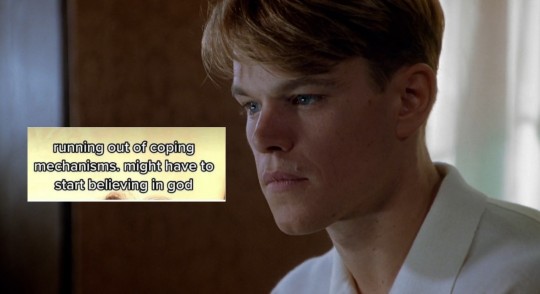

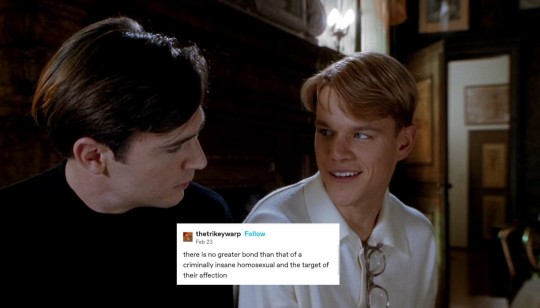
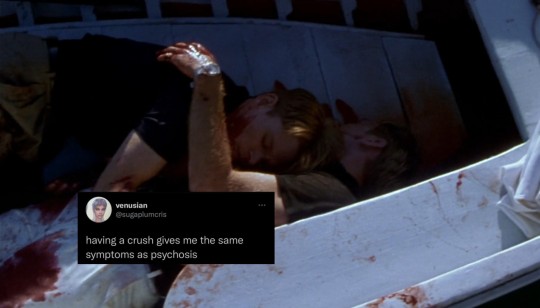
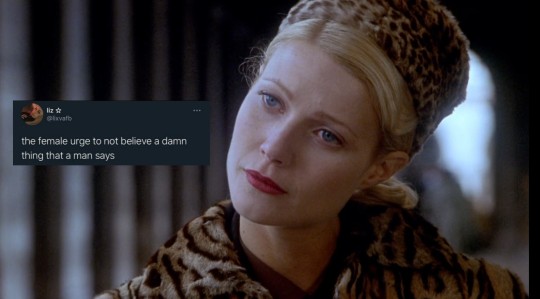
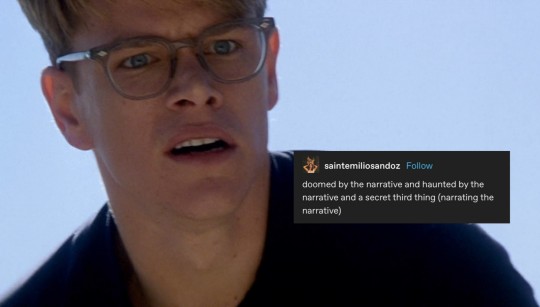
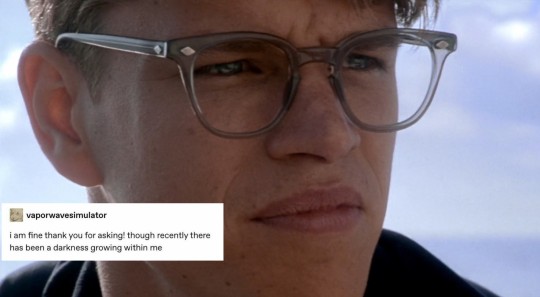
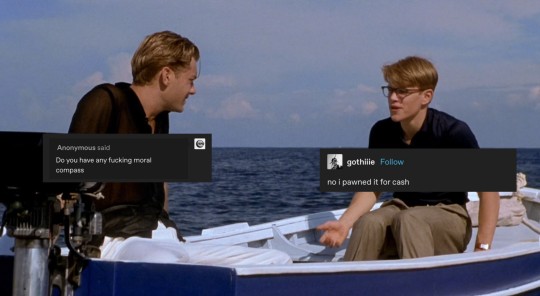

the talented mr. ripley (1999) x internet posts
#mine#the talented mr. ripley#tom ripley#peter smith kingsley#dickie greenleaf#marge sherwood#matt damon#jude law#jack davenport#films
145 notes
·
View notes
Text

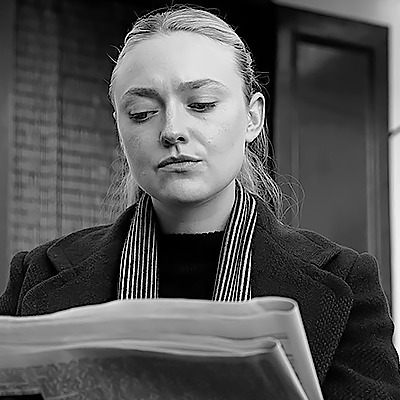
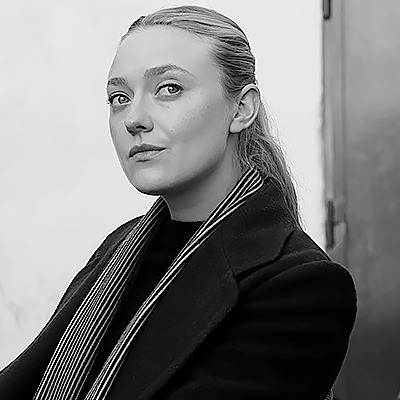
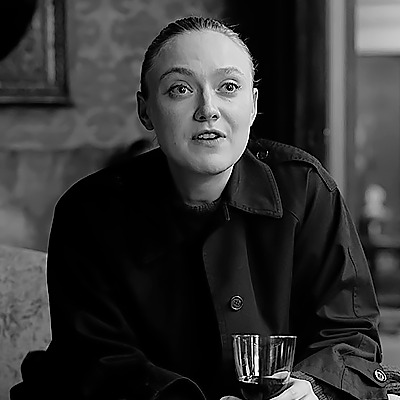
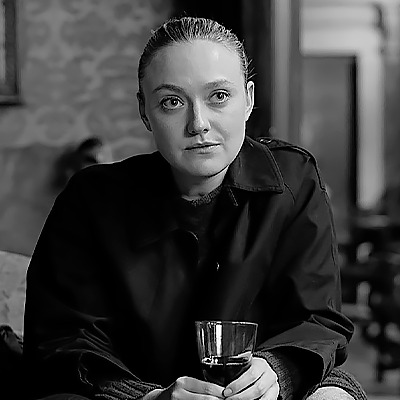
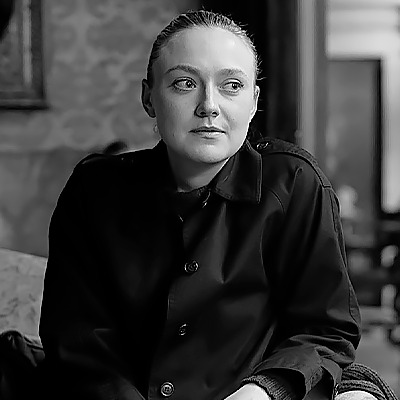

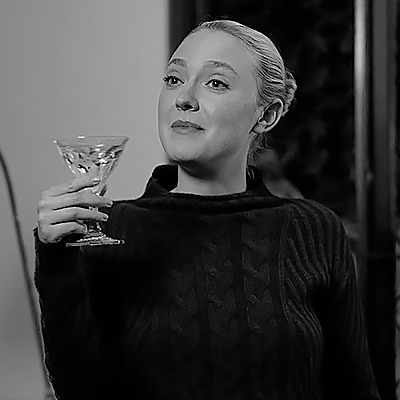
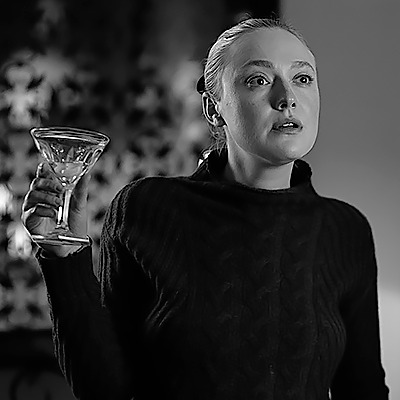
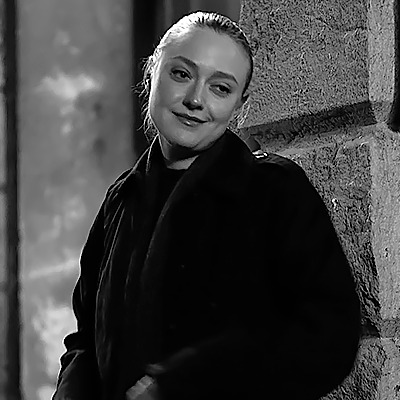



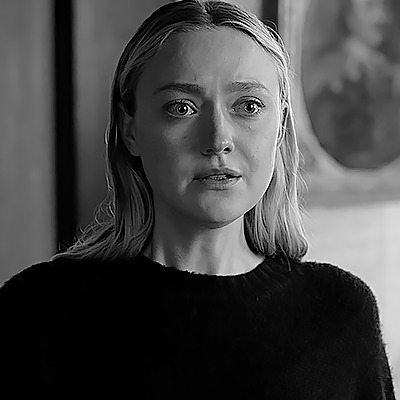

Marge Sherwood - RIPLEY, S01E08
#marge sherwood#marge sherwood icons#dakota fanning#dakota fanning icons#ripley#ripley icons#ripley netflix icons#tv icons#tv show icons#tv series icons#netflix#netflix icons#icons#icon#twitter icons#random icons#ripley 2024#ripley spoilers#girls icons#icons without psd#tvfilmsource#cinematv#tvedit#ripley s1#ripley season 1#ripley s1 spoilers#ripley season 1 spoilers#ripley netflix#tvshowedit#netflixedit
14 notes
·
View notes
Text

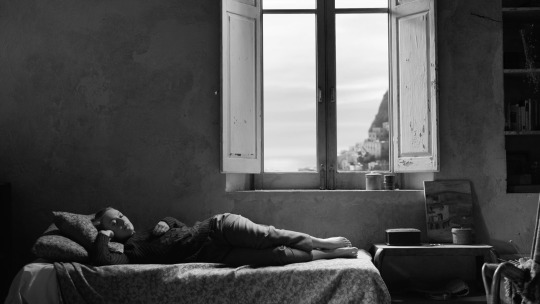
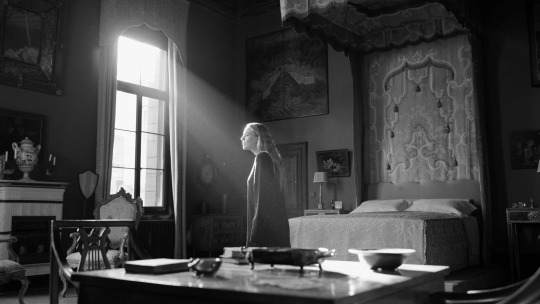

10 notes
·
View notes
Text

#Tom Ripley#Matt Damon#Dickie Greenleaf#Jude Law#Marge Sherwood#Gwyneth Paltrow#The Talented Mr. Ripley
46 notes
·
View notes
Text

Learning how to draw them for the sake of my emotional wellbeing
#trying again tumblr can u acc show this in tags now#jude laws face is so perfect yet so odd to draw#the talented mr. ripley#the talented mr ripley#dickie greenleaf#tom ripley#marge sherwood#thomas ripley
12 notes
·
View notes
Text
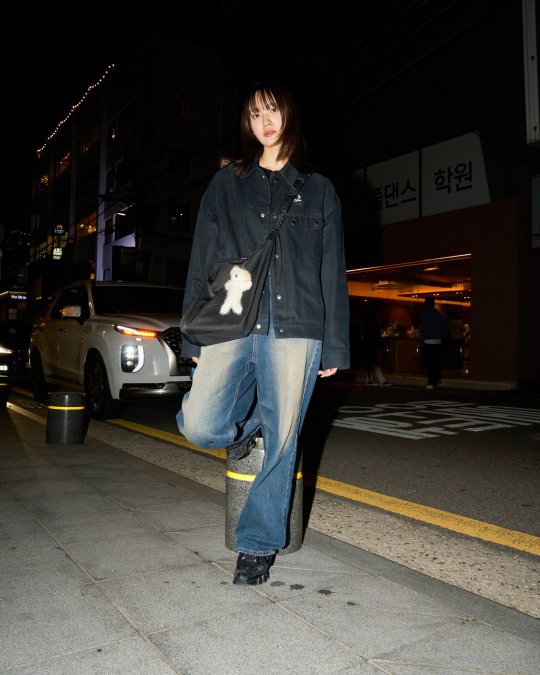
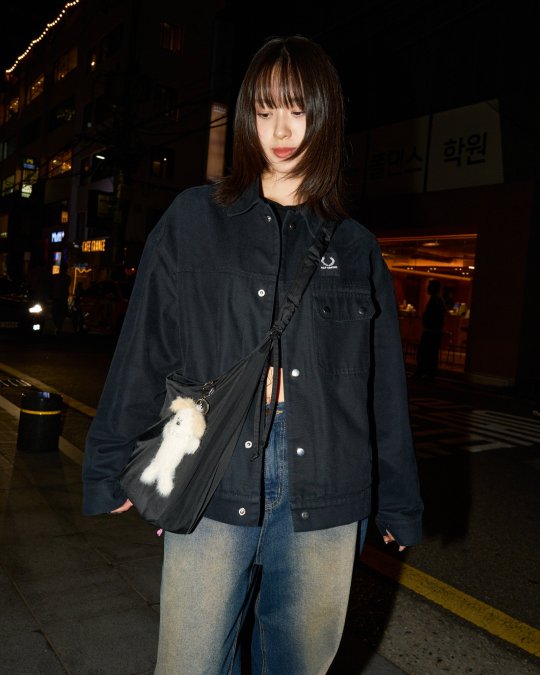
#Street Style#Style#Fashion#Raf Simons#Comme des Garcons#Nike#2023#MARGE SHERWOOD#Wood#Fred Perry#Korea
8 notes
·
View notes
Text
if you can't handle marge sherwood being apart of any conversation regarding tom/dickie or even the whole novel/film and you don't deeeeeeeeserrrve Anythiiiiing.... JUST NOTHING!
13 notes
·
View notes
Text

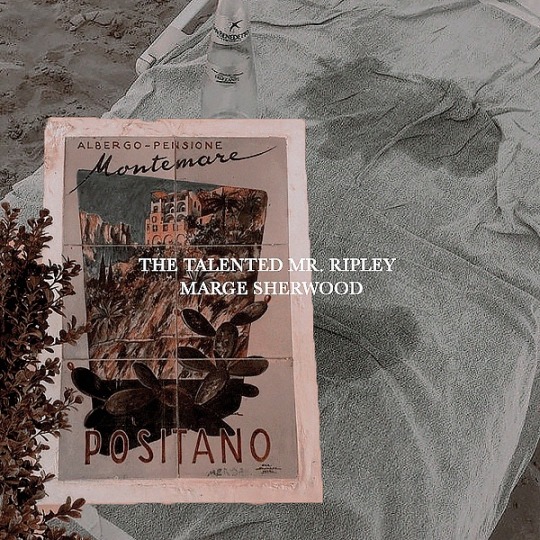

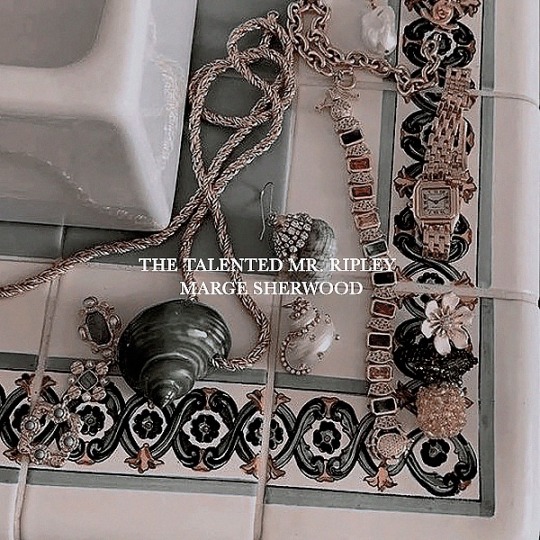

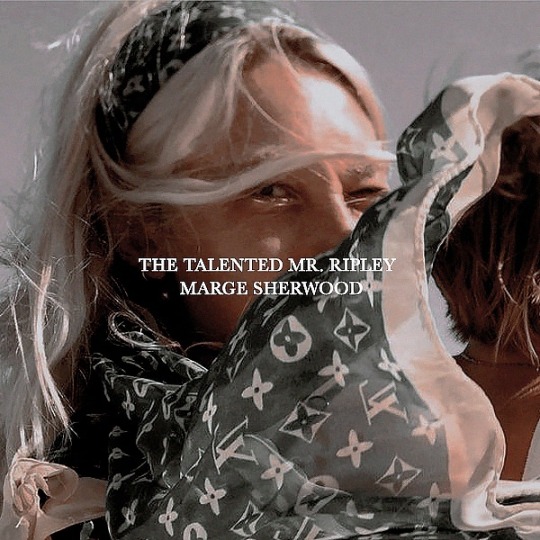
ㅤㅤㅤ
ㅤㅤㅤ
«there was something in marge’s eyes when she was very serious that made her look wise and old in spite of the naive clothes she wore and her windblown hair and her general air of a girl scout. she had the look of a mother or an older sister now — the old feminine disapproval of the destructive play of little boys and men.»
ㅤㅤㅤㅤ
ㅤㅤ
3 notes
·
View notes
Text
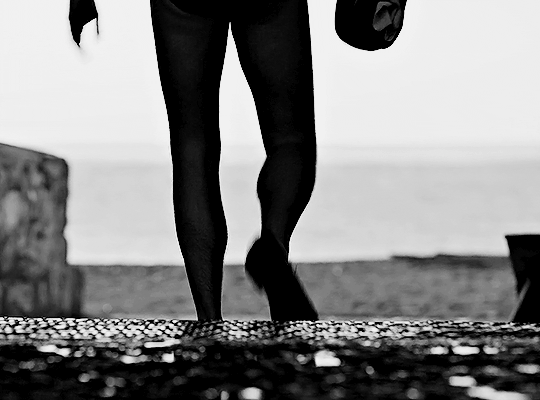
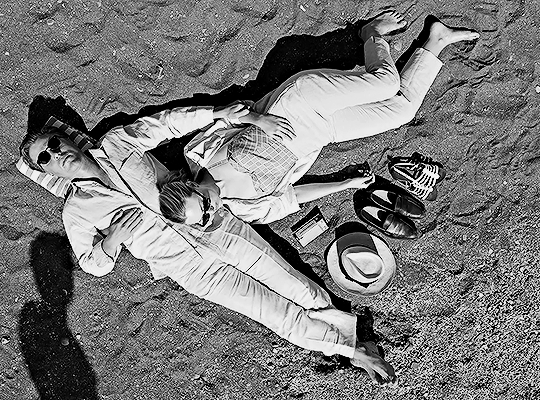

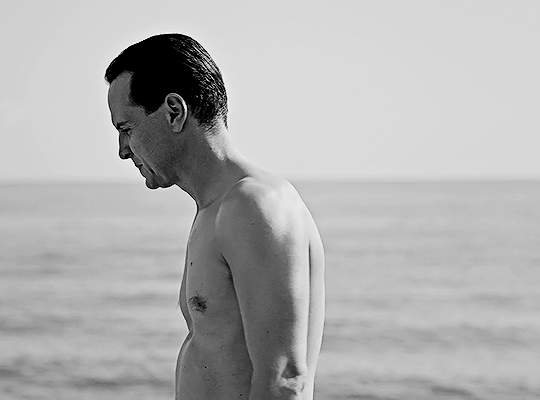
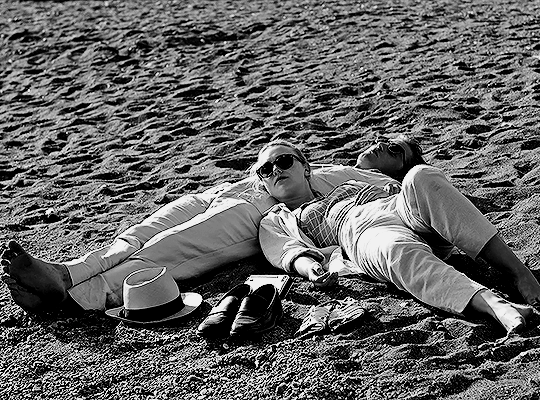

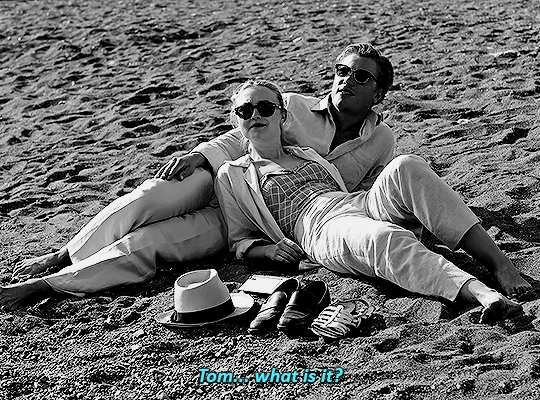
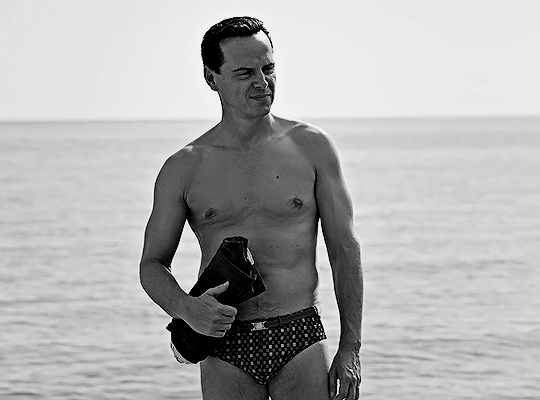
RIPLEY (2024)
Episode I: A Hard Man to Find
#ripley#ripleyedit#ripley 2024#ripley netflix#ripley spoilers#andrew scott#ascottedit#tom ripley#dickie greenleaf#marge sherwood#tvedit#perioddramaedit#perioddramasource#crimeshowsource#filmtvcentral#filmtvdaily#tvarchive#dailyflicks#blackandwhiteedit#mediagifs#cinemapix#cinematv#dailynetflix#tvfilmsource#filmtvtoday#userrin#userrobin#tuserpris#userfinches#barrowgifs
177 notes
·
View notes
Text
'There is a scene towards the beginning of Anthony Minghella’s 1999 film, The Talented Mr Ripley, when Jude Law’s character, Dickie Greenleaf, asks Matt Damon’s Tom Ripley what his talent is – to which literature’s most famous fraud replies with: “Forging signatures, telling lies, impersonating practically anybody”. Yet there is another talent of Tom’s that is essential in his ability to deceive those around him into thinking that he is one of them – and that’s his sartorial savoir-faire.
Fashion is of vital importance to Tom, in both the novel by Patricia Highsmith and subsequent adaptations, including that 1999 film, but also 1960’s French New Wave retelling, Purple Noon, and the upcoming black-and-white Netflix version, Ripley, starring Andrew Scott in the titular role. The style of the 1999 movie – Jude Law’s polo shirts, white trousers and boat shoes, Gwyneth Paltrow’s high-waist bikinis, broderie anglaise tops and peasant skirts – is still referenced by designers today (it won costume designer Ann Roth an Oscar at the time).
And while Matt Damon’s character is certainly au fait with fashion, he’s without the means to access it in the same way that the other characters are: he has one shirt he washes out nightly, a threadbare cord jacket Dickie offers to replace, and one pair of dress shoes that he has to wear to the beach. In many ways, the film is at pains to emphasise that, though Tom is good at what he does, he’s not quite good enough – after all, Dickie, Marge (Paltrow) and Freddie Miles (Philip Seymour Hoffman) all figure him out. Yet it is with fashion that he manages to move in these circles. In fact, it’s how he accesses them in the first place, having borrowed a Princeton jacket for a piano recital when he first encounters Dickie’s father, who mistakes him for a student and pleads with him to fetch home his wayward son.
In the novel, Tom is obsessed with clothing, spending hours touching Dickie’s shirts and jackets or fingering the jewellery on his dressing table, saying that doing so “reminded him he existed”. His spectacles serve as a way to switch between characters – like a villainous Clark Kent and Superman – while his decision to wear Dickie’s monogrammed velvet slippers and signet rings after he has (spoiler alert) murdered him, alerts Marge and Freddie to the fact something isn’t right.
Fashion is often used by literature’s anti-heroes as a significant tool in their arsenal to deceive...
“The way we dress does, to an extent, affect how people see us, but it’s context dependent,” explains Dr Dion Terrelonge, a fashion psychologist. “It’s about alignment and how we fit in with people’s expectations. We like to think we don’t judge others based on what they are wearing, but we do. It’s not a negative judgement, necessarily; it’s about interpreting and categorising. It helps us navigate the world.”
Whether or not you wield that power for good or for evil is the differentiator. “When you wear an item of clothing that you associate with a certain person, lifestyle or behaviour, then you’re far more likely to take on those things,” explains Dr Terrelonge. “When people copy other people’s style, they’re trying to align themselves with them and their lifestyle. It’s walking 100 miles in their shoes. It’s shorthand for, ‘this is the kind of person I am’ – you look the part.”
For conners, it’s “fake it til you make it” or “dress for the job you want” writ large. As Tom famously says in his final speech in the film, “I thought it was better to be a fake somebody, than a real nobody.”'
#The Talented Mr Ripley#Matt Damon#Jude Law#Gwyneth Paltrow#Andrew Scott#Ripley#Netflix#Fashion#Dickie Greenleaf#Ann Roth#Oscars#Freddie Miles#Marge Sherwood#Patricia Highsmith#Philip Seymour Hoffman
8 notes
·
View notes
Text

#margot robbie#the wolf of wall street#movies#monsta x#model off duty#model#bam margera#mp100#marge simpson#brandon margera#jess margera#marge sherwood#100 days of productivity
1 note
·
View note
Text




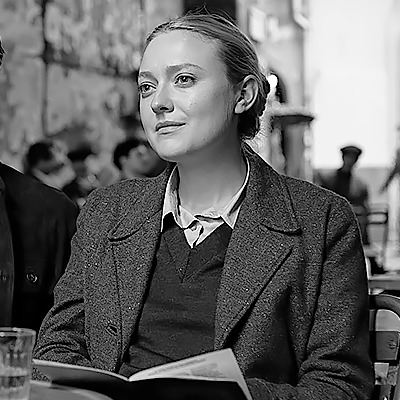
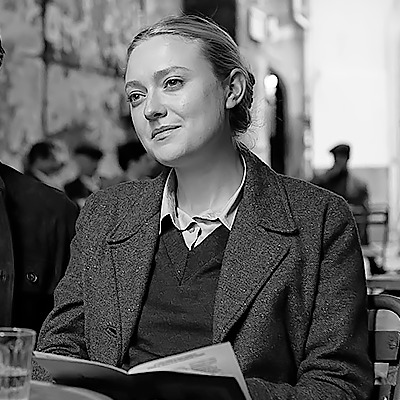


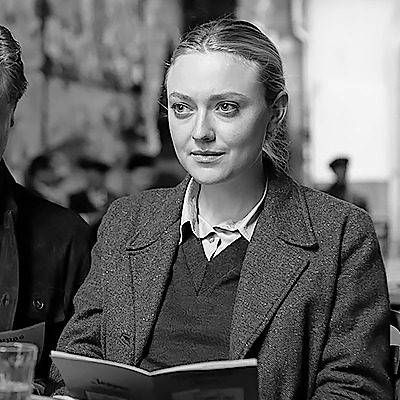
Marge Sherwood - RIPLEY, S01E03
#marge sherwood#marge sherwood icons#dakota fanning#dakota fanning icons#ripley#ripley icons#ripley netflix icons#tv icons#tv show icons#tv series icons#netflix#netflix icons#icons#icon#twitter icons#random icons#ripley 2024#ripley spoilers#girls icons#icons without psd#tvfilmsource#cinematv#tvedit#ripley s1#ripley season 1#ripley s1 spoilers#ripley season 1 spoilers#ripley netflix#tvshowedit#netflixedit
6 notes
·
View notes
Text
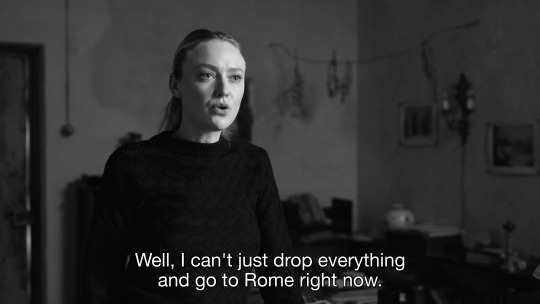
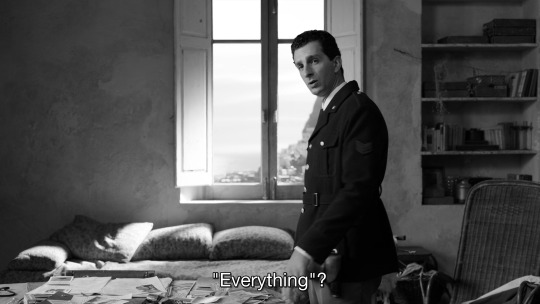
he really said bitch you have no life
#Marge Sherwood#Ripley 2024#Ripley#he came into her rental like bitch you live like this#this show is so funny at times#AT TIMES
5 notes
·
View notes
